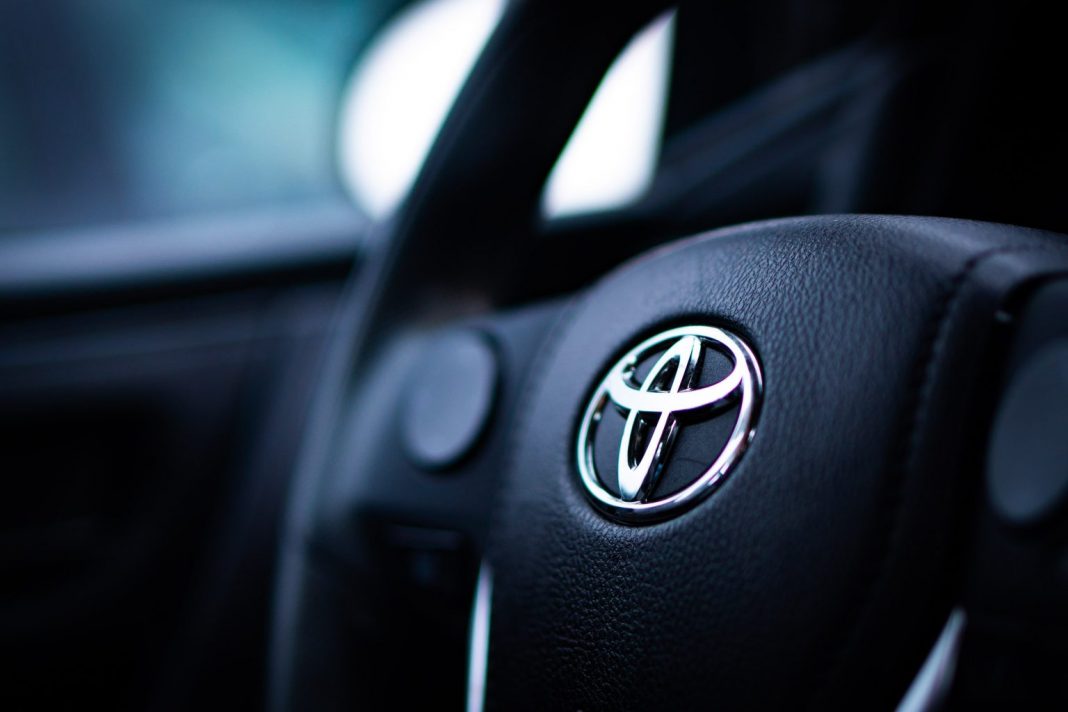Toyota Motor Corp (7203.T) said on Tuesday that it intends to invest more than $13.5 billion by 2030 on developing batteries and its battery supply chain, in order to maintain its leadership position in the important automotive technology over the next decade. The world’s largest manufacturer by volume, which pioneered hybrid gasoline-electric vehicles with the popular Prius, is now ramping up production of its first all-electric lineup next year.
Toyota, a pioneer in the development of electric car batteries, said it hopes to reduce the cost of its batteries by 30 percent or more by improving the materials used and the structure of the cells.
“Then, for the vehicle, we aim to improve power consumption, which is an indicator of the amount of electricity used per kilometer, by 30%, starting with the Toyota bZ4X, Masahiko Maeda, the company’s Chief Technology Officer, spoke at a press conference about an upcoming compact SUV model.
Solid-state batteries, which are more energy-dense, charge faster, and are less prone to catching fire, are a potential game-changer for automakers because they are more energy-dense, charge faster, and are less prone to catching fire. They could eventually replace liquid lithium-ion batteries if they are successfully developed.
Despite the fact that the short service life of these cells continues to be a problem, Toyota’s goal of developing solid-state batteries by the mid-2020s remains unchanged, according to Maeda.
He added, “We’re still searching for the best materials to use.”
Solid-state batteries are expensive to manufacture and are prone to cracking as they expand and compress during usage, therefore efforts to mass-produce them have stalled. Toyota has also stated that solid-state batteries will be used in hybrid electric vehicles such as the Prius.











